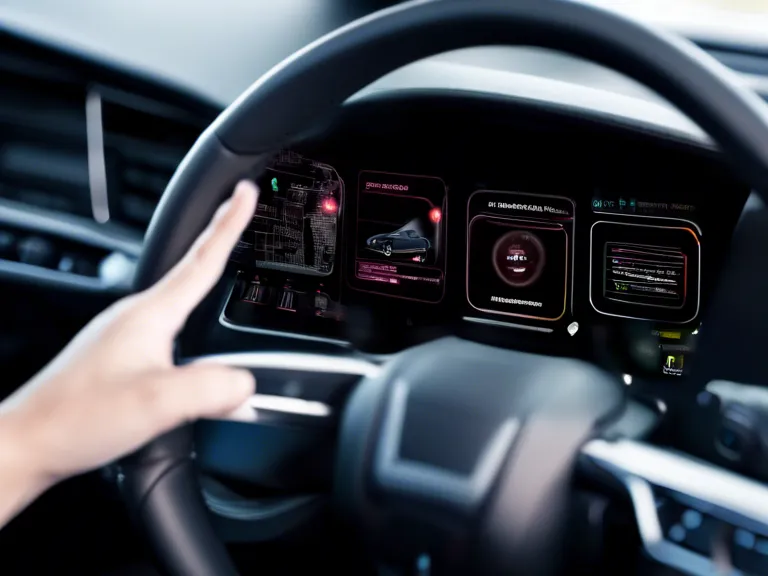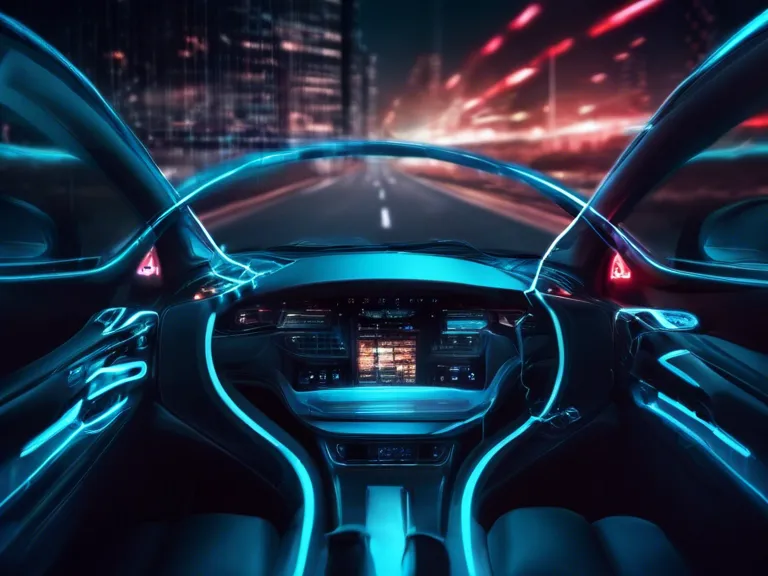
Hack-Proofing the Future: Cybersecurity Challenges in Connected Cars
In the age of the Internet of Things (IoT), connected cars have become a prominent example of the evolving technology landscape. These vehicles are equipped with various sensors, cameras, and connectivity features that enhance the driving experience and provide convenience. However, with the rise of connectivity comes a new set of challenges, particularly in the realm of cybersecurity.
One of the primary concerns with connected cars is the potential for hacking. As vehicles become more connected and autonomous, they become susceptible to cyber attacks. Hackers could potentially gain access to a car's systems, leading to issues such as unauthorized data access, vehicle manipulation, and even physical harm to passengers.
To address these cybersecurity challenges, manufacturers and developers must prioritize security measures in the design and implementation of connected car technologies. This includes implementing encryption protocols to secure data transmissions, establishing secure authentication mechanisms to verify user identities, and implementing intrusion detection systems to monitor and respond to potential threats.
Another key aspect of hack-proofing connected cars is ensuring regular software updates and patches are applied to address any vulnerabilities that may be discovered post-deployment. By staying vigilant and proactive in addressing cybersecurity concerns, manufacturers can mitigate the risk of cyber attacks on connected cars.
Furthermore, collaboration between automotive manufacturers, cybersecurity experts, regulators, and policymakers is essential to developing comprehensive cybersecurity standards and regulations for connected cars. By working together, stakeholders can ensure that cybersecurity remains a top priority in the design and development of connected car technologies.
As we continue to embrace the benefits of connected cars, it is crucial to also prioritize cybersecurity to safeguard the integrity, privacy, and safety of drivers and passengers. By hack-proofing the future of connected cars, we can ensure a safer and more secure driving experience for everyone.

